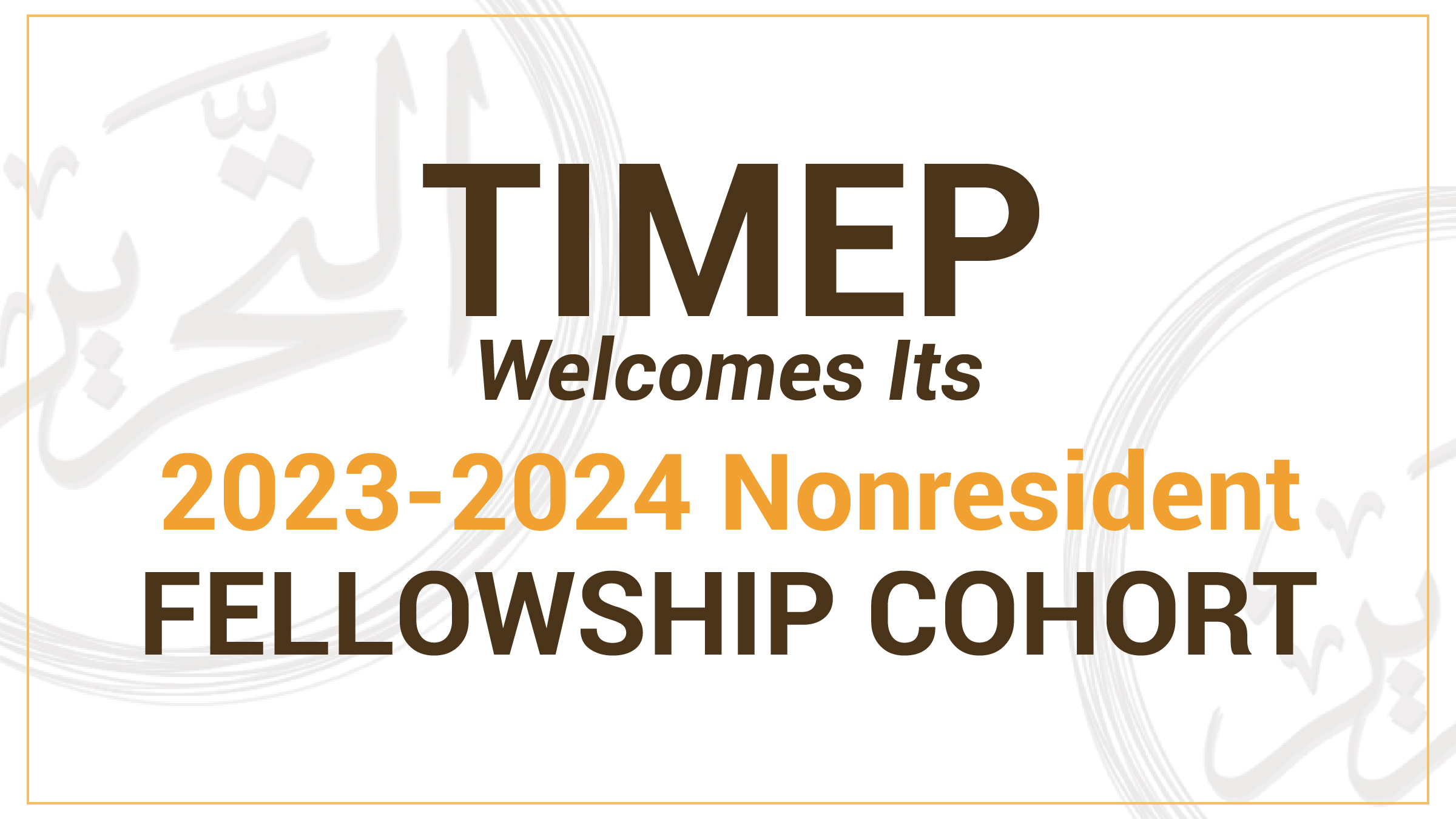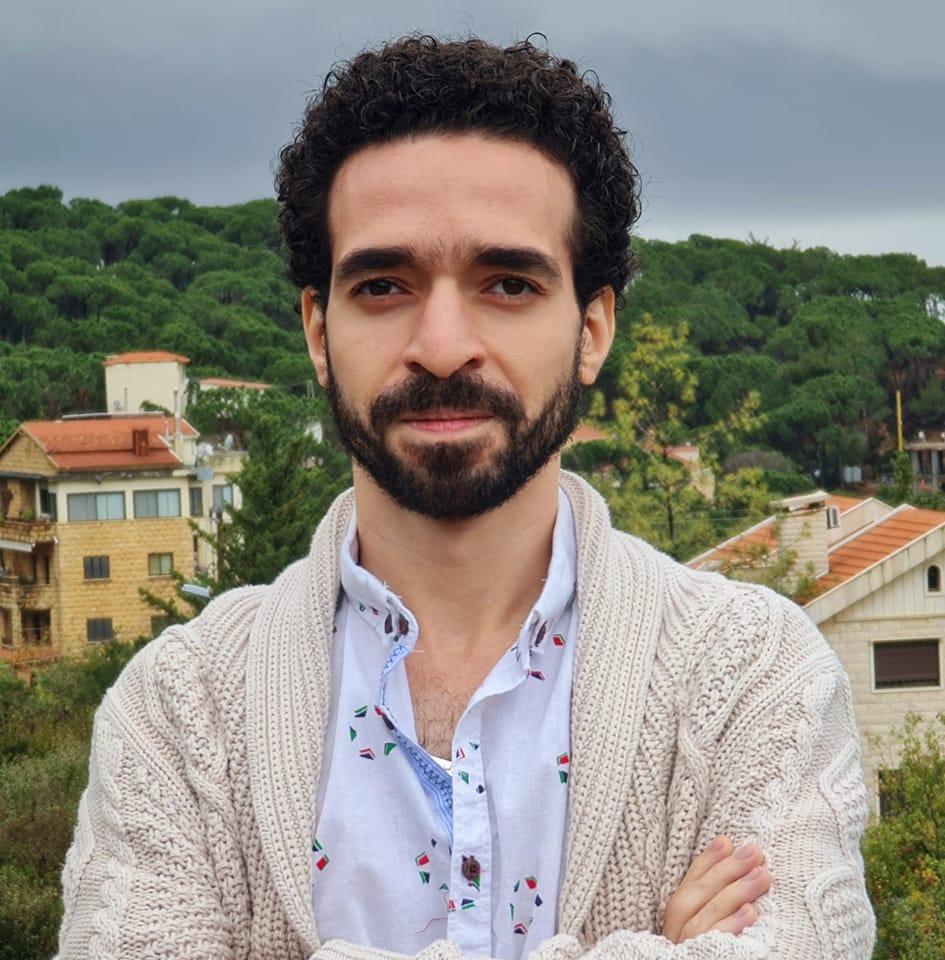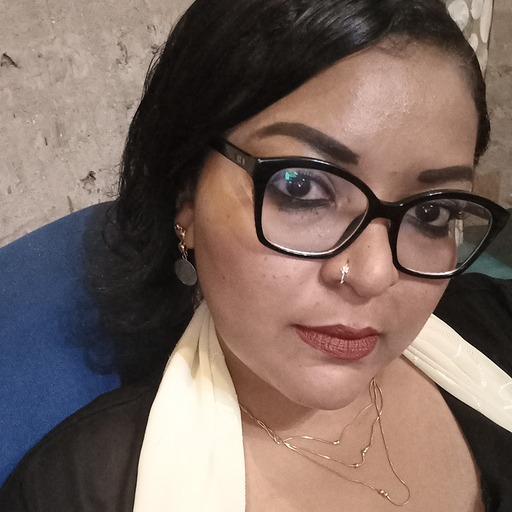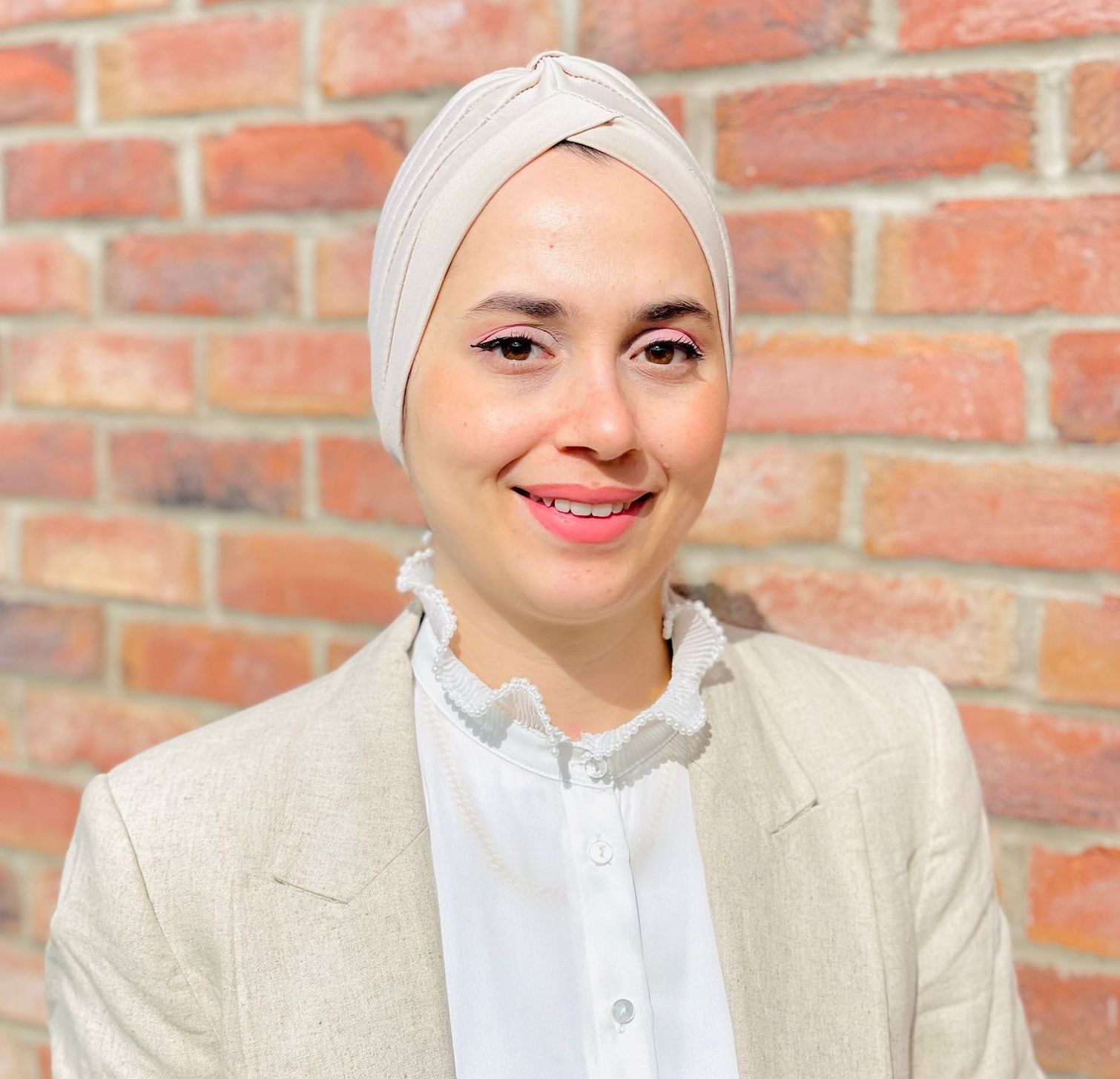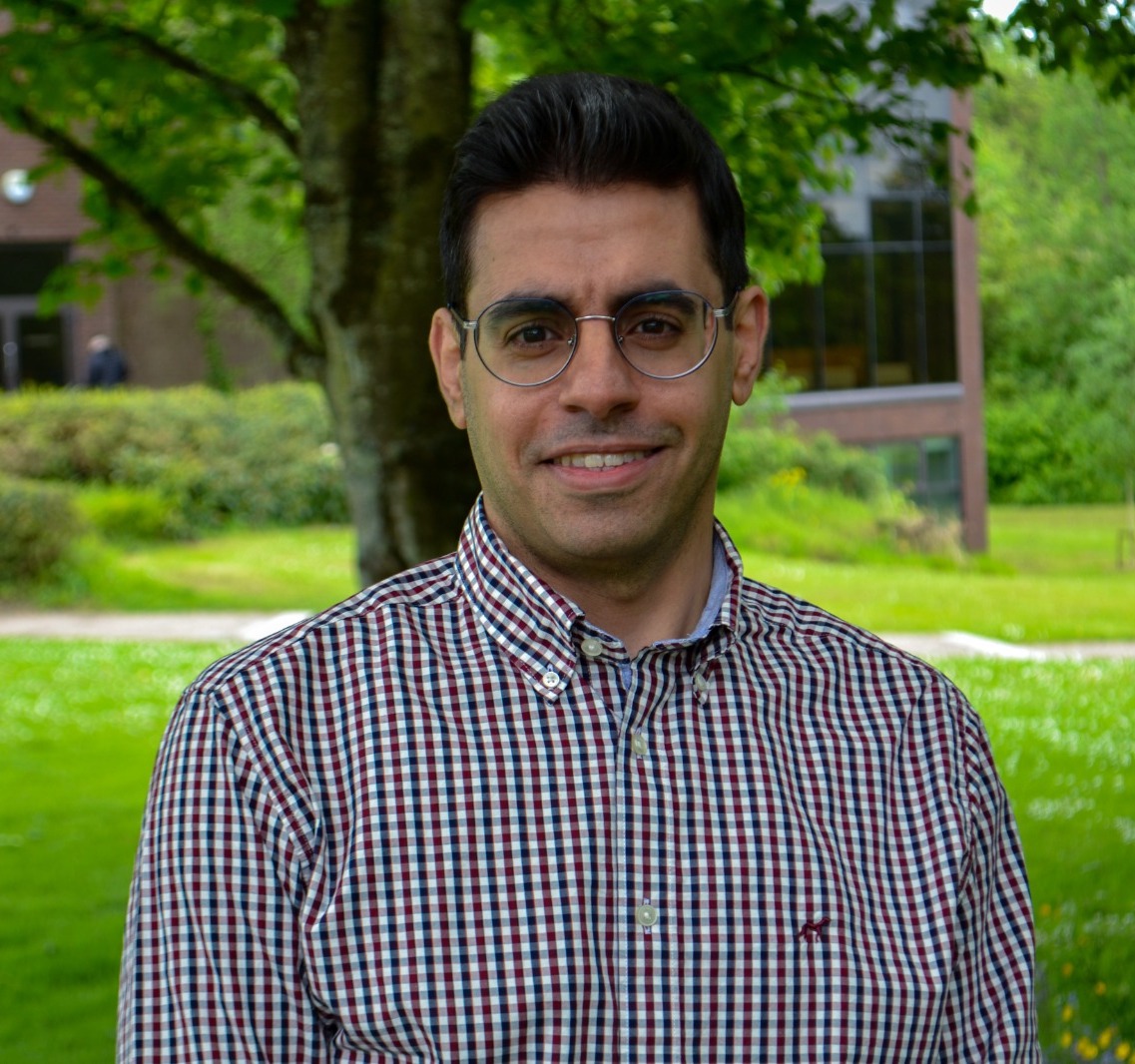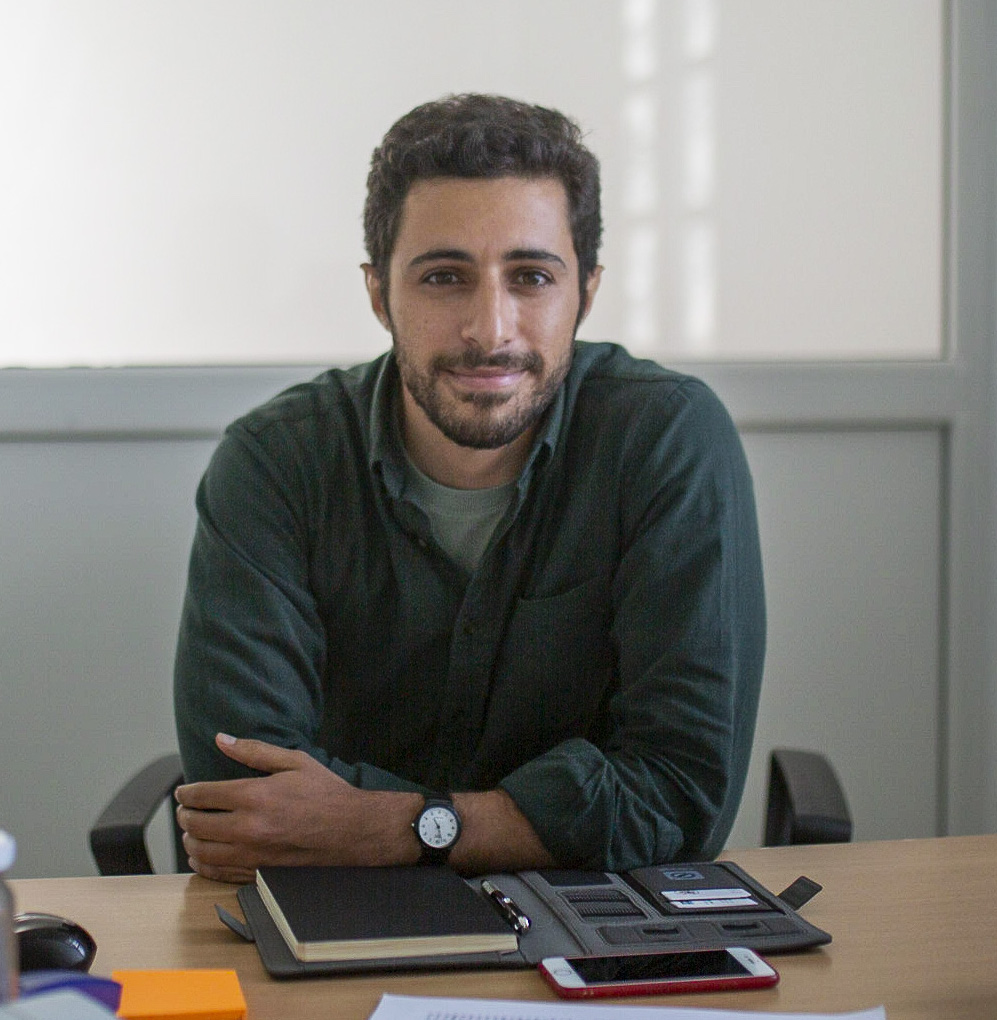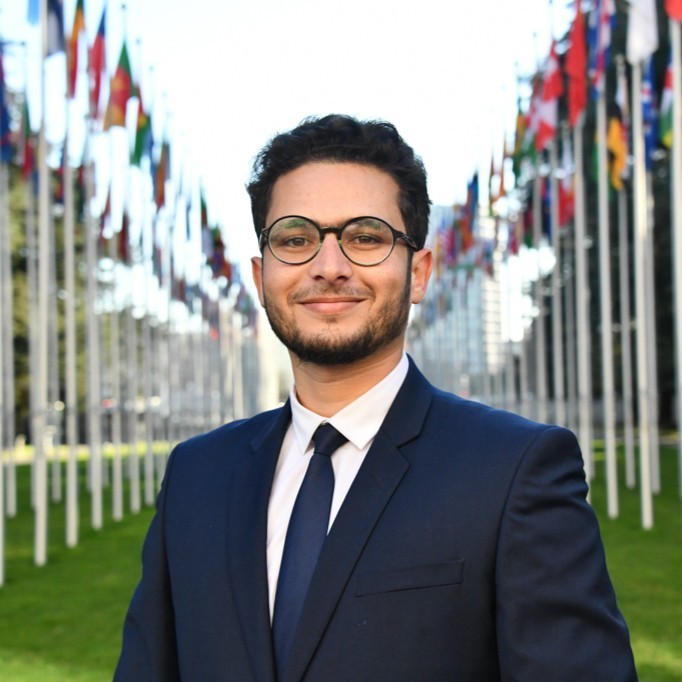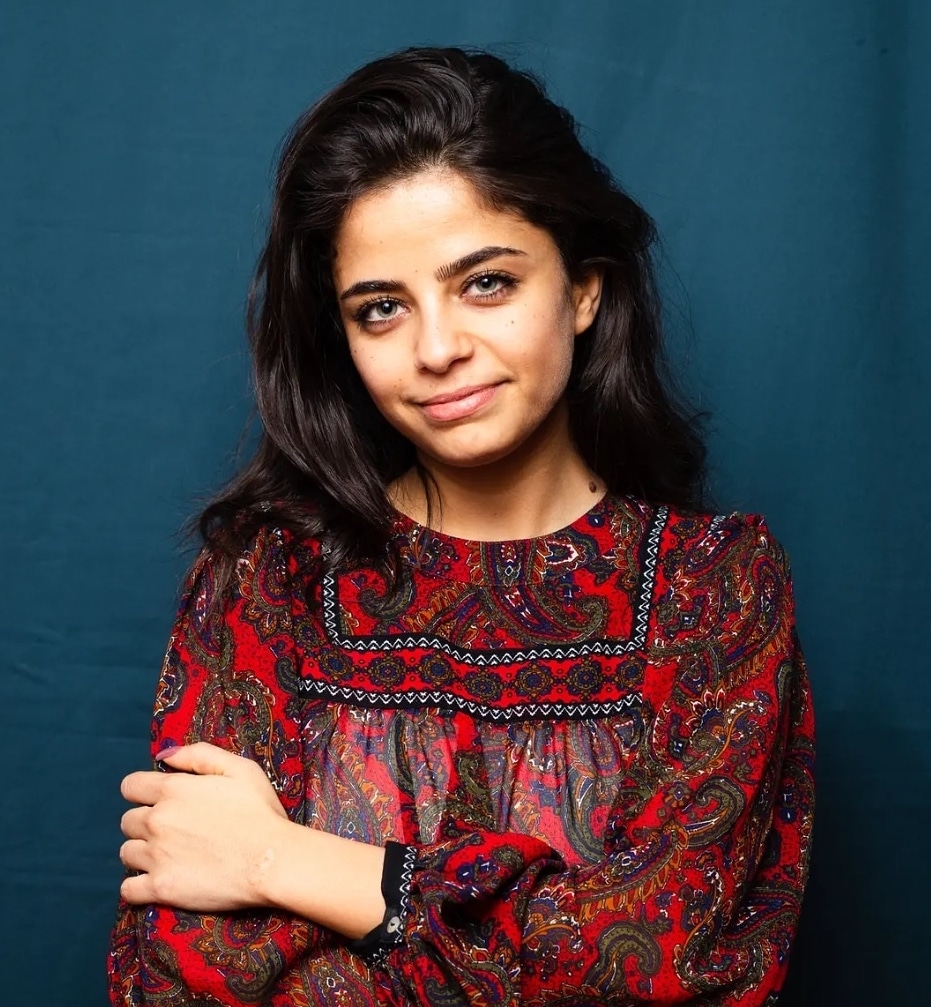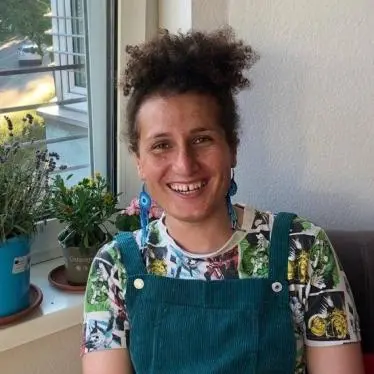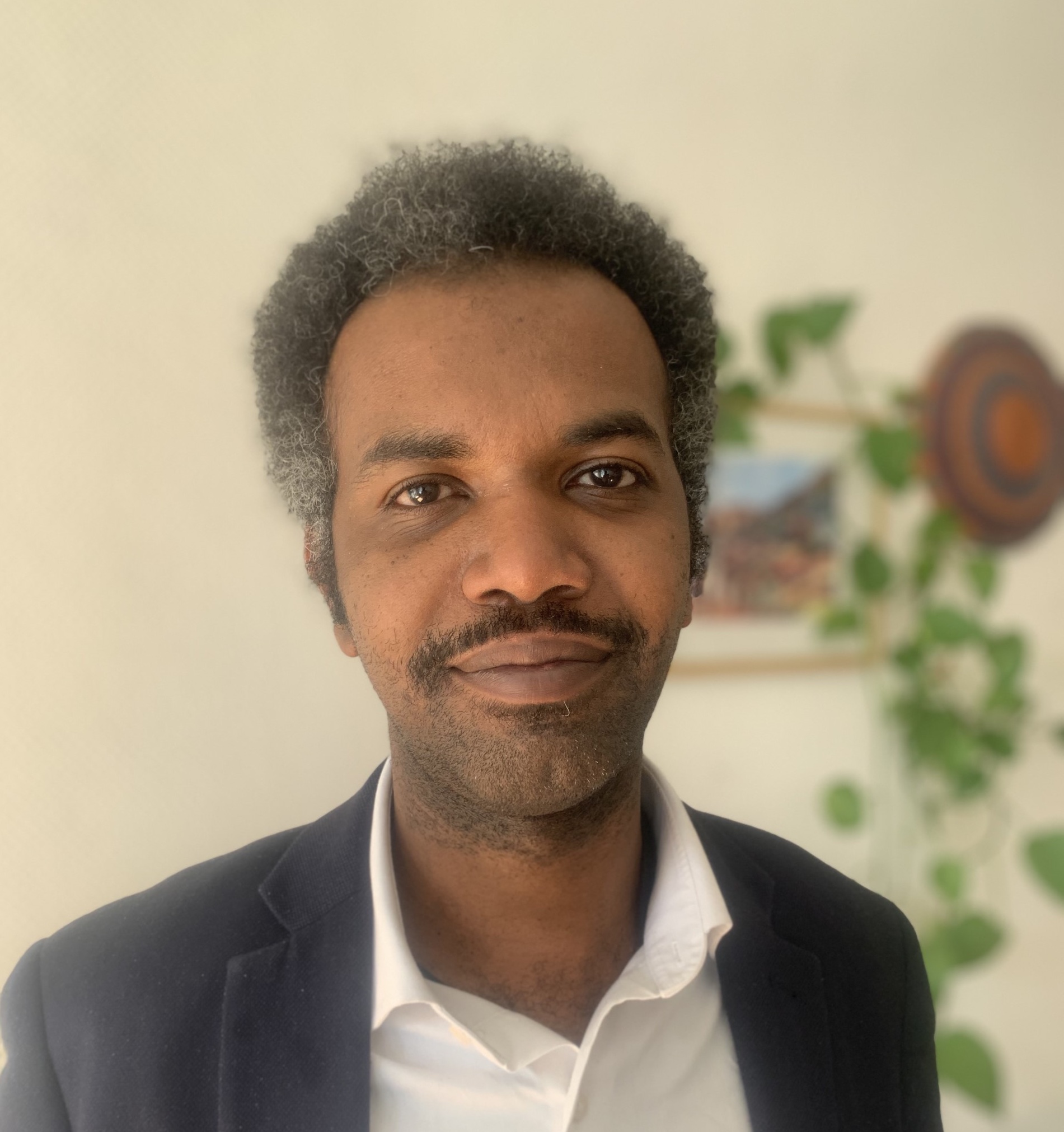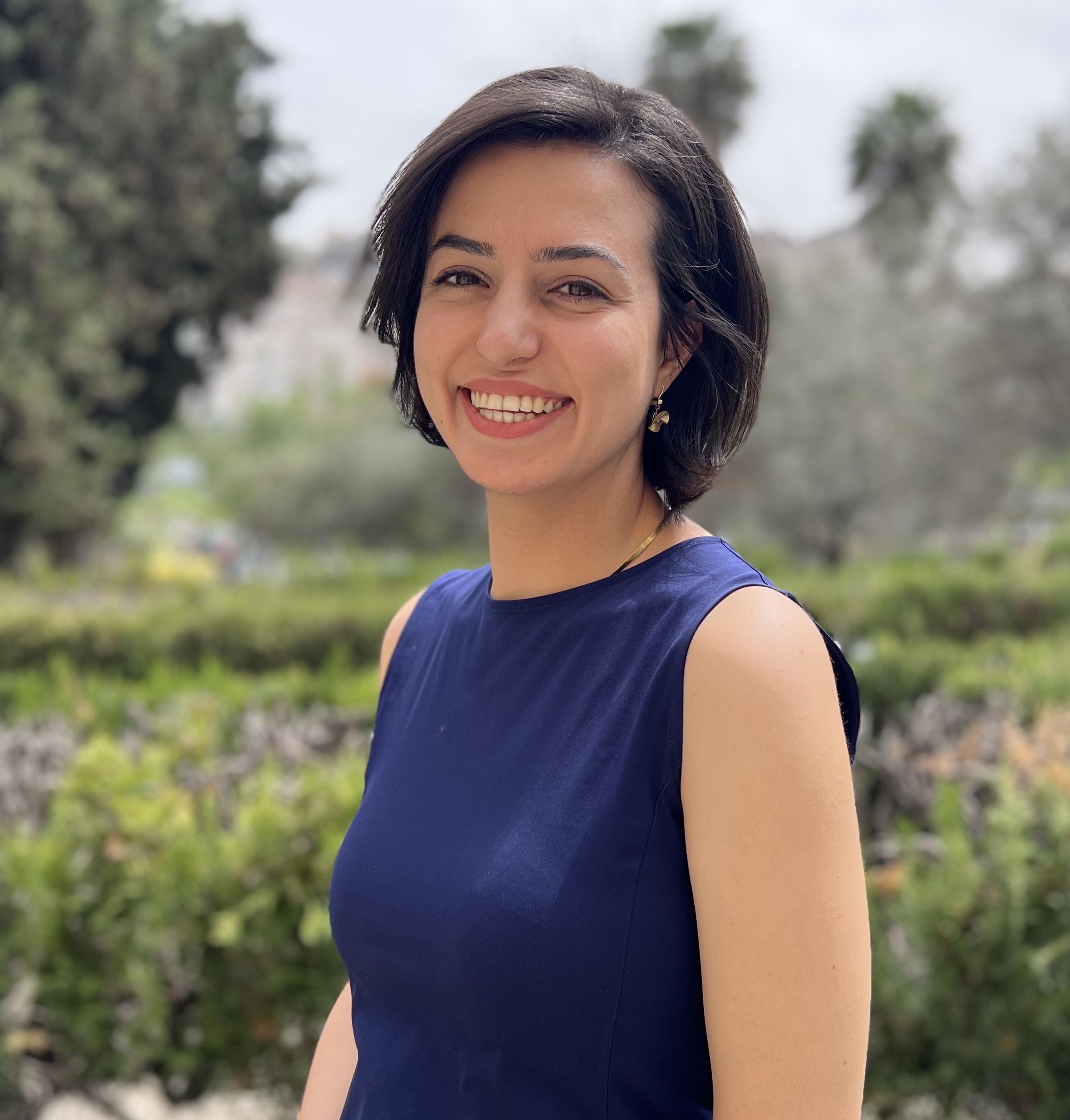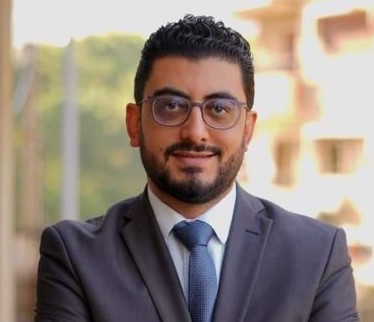TIMEP is thrilled to announce the members of its 2023-2024 Nonresident Fellowship cohort!
Tackling critical issues from surveillance and digital rights to gender and sexuality in countries from Tunisia to Syria, these fellows bring a diverse and dynamic array of expertise, experience, and insights to the TIMEP team.
Throughout their one year fellowships, TIMEP’s nonresident fellows will be producing engaging and interactive programming on the top issues affecting their mandate, connecting and collaborating with like-minded organizations, and sharing their knowledge and analysis with journalists, advocates, and policymakers.
Interested in getting in touch with TIMEP’s fellows? Email [email protected].
Meet the 2023-2024 Nonresident Fellowship Cohort:
Mostafa Al-a’sar
Mostafa Al-a’sar is an Egyptian multidisciplinary journalist, researcher, human rights defender, and former political prisoner who spent three and half years in jail in Egypt for his journalistic work and defense of human rights. Mostafa has a bachelor’s degree in communication arts (with a special focus on radio and television journalism). He has over 14 years of experience working in journalism and eight years in human rights and research work, during which he has published over 400 journalistic and research outputs. Read his full bio here.
Fellowship Mandate: Press Freedom and Media (Egypt)
Reem Abbas
Reem Abbas is the institute’s first Mohamed Aboelgheit Fellow. She has contributed to dozens of outlets including the Washington Post, the Nation, Al-Monitor, the Guardian, Open Democracy, and African Arguments. She has been working in the field of communications and advocacy for Sudanese civil society groups and international organizations for more than 10 years. She is active in the women’s movement in Sudan and was a former member in the coordination committee in Sudanese Women in Civic and Political Groups (MANSAM). Read her full bio here.
Fellowship Mandate: Land, Conflict, and Resources (Sudan)
Alaa Assani
Alaa Assani is a passionate Syrian refugee and human rights defender with a background in computer engineering from Aleppo University in Syria. She has worked closely with women-led organizations and civil society in Syria and the wider MENA region, centering their lived experiences and amplifying their voices and needs. Over the past four years, Alaa’s focus has been on gendered issues of housing, land, and property (HLP) rights for displaced Syrians, particularly women. Read her full bio here.
Fellowship Mandate: Housing, Land & Property, and Gender (Syria)
Marc Ayoub
Marc Ayoub is an energy policy researcher currently pursuing his PhD at the University of Galway in Ireland, with a focus on energy and climate policy and community engagement mechanisms for tidal energy projects. He is an Associate Fellow at the AUB Issam Fares Institute of Public Policy and International Affairs in Beirut, where he previously coordinated the Energy Policy and Security Program. Read his full bio here.
Fellowship Mandate: Climate and Energy (MENA)
Lamine Benghazi
Lamine Benghazi is currently head of the Justice and Rule of Law program at Avocats Sans Frontières (ASF) in Tunisia, an international NGO promoting human rights and access to justice. Before joining ASF, Lamine was responsible for Marsad Majles, the parliament observation program at Al Bawsala, where he remains a board member. Read his full bio here.
Fellowship Mandate: Rule of Law and the Judiciary (Tunisia)
Ayoub Menzli
Ayoub Menzli is an independent consultant, analyst, and researcher from Tunisia. He holds a master’s degree in Economics from the University of Carthage and an MA in European Interdisciplinary Studies from the College of Europe. Ayoub is currently pursuing a PhD in Political Science at Roma Tre University. His research involves North African politics, international financial institutions, and Euro-Mediterranean relations. Read his full bio here.
Fellowship Mandate: Political Economy (Tunisia)
Wafa Mustafa
Wafa Mustafa is an activist, a journalist, and an advocate for Syria’s disappeared. Following her father’s forced disappearance by the Assad regime, Wafa fled Syria to Turkey in 2013 before completing her studies at Bard College Berlin in Germany. Wafa’s advocacy focuses on the impact of detention and enforced disappearance on families, the rights of refugees, and the urgency of international justice and accountability for the crimes of the Assad regime. Read her full bio here.
Fellowship Mandate: Victim-Centric Justice (Syria)
Nora Noralla
Nora Noralla is the institute’s first Sarah Hegazi Fellow. She is an Egyptian human rights researcher and consultant focusing mainly on issues of sexual and bodily freedoms as well as Islamic Sharia and human rights in the MENA region. Her engagement with the human rights field started in the wake of the January 25 revolution in Egypt. Read her full bio here.
Fellowship Mandate: Gender and Sexuality (MENA)
Mohamed Osman
Mohamed Osman has been a Researcher in Human Rights Watch’s Africa Division since 2018. Previously, Mohamed worked with the Open Society Justice Initiative in New York as an Aryeh Neier Fellow working on corruption and advocacy. Mohamed obtained a law degree and a postgraduate diploma on human rights law from the University of Khartoum. He has a master’s degree from the University of Essex on International Human Rights and Humanitarian Law. Read his full bio here.
Fellowship Mandate: Governance, Accountability, and Justice (Sudan)
Mona Shtaya
Mona Shtaya is the MENA Campaigns and Partnerships Manager and corporate engagement lead at Digital Action. She is also a nonresident scholar at the Middle East Institute (MEI) in the Cyber Security and Emerging Technology Program and the Palestine-Israel program. She previously worked as the Advocacy and Communications Manager at 7amleh–The Arab Center for the Advancement of Social Media. Read her full bio here.
Fellowship Mandate: Surveillance, Privacy, and Digital Rights (MENA)
Omar Taleb
Omar Taleb is a Lebanese human rights lawyer with over eight years of experience in litigation. He does qualitative and quantitative research for a multitude of local and international organizations. Omar currently focuses on strategic litigation and advocacy, and provides protection for marginalized groups, including survivors of domestic violence, migrant domestic workers, and children at risk, and ensures legal guarantees for detainees. Read his full bio here.
Fellowship Mandate: Impunity and Access to Justice (Lebanon)
You can invest in the region’s early and mid-career advocates by supporting TIMEP’s fellowship program. Make a gift today.
